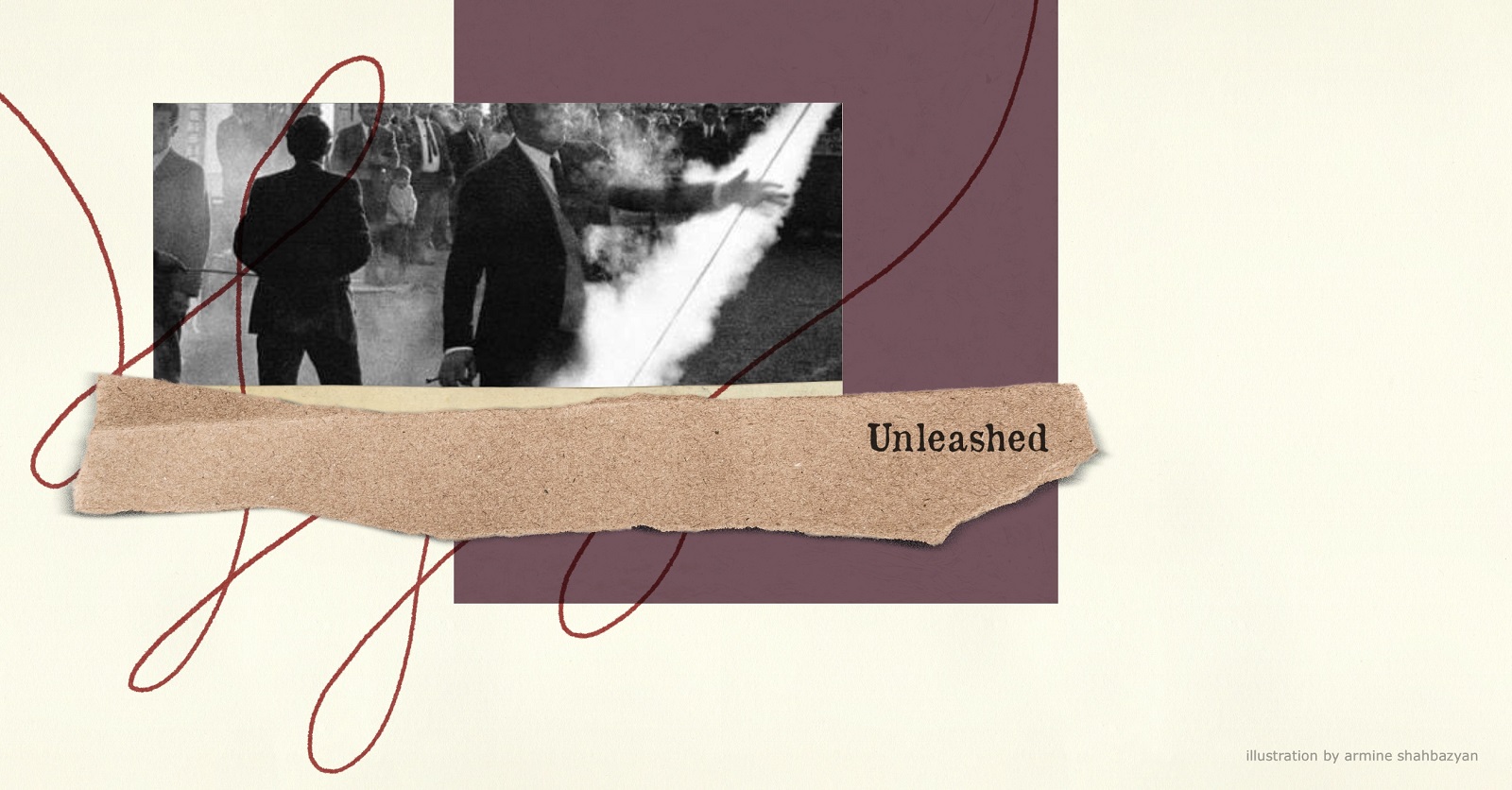

When people ask why I moved to Armenia, I often explain that despite being born and raised in Canada, I never truly felt at home there. This isn’t from a lack of gratitude though—Canada offered me a world of opportunities including access to universal healthcare, a stellar education, and a life in a multicultural society largely free from xenophobia. Racism and sexism were concepts so remote during my upbringing, I mostly ever encountered them in abstract discussions removed from my personal experience.
However, the most powerful lesson from my time in Canada, as the child of immigrants who came with nothing but hope, was the value of a meritocratic society. Canada is particularly praised for its fair educational system and transparent public sector employment practices, which emphasize skills and qualifications. While personal networks and relationships can sometimes play a role in career advancements, in Canada, these factors are typically secondary to proven capability and competence.
My parents didn’t raise me with influential contacts or inherited wealth; they instilled in me a belief that hard work and determination were my tickets to success. This ethos propelled me through to the country’s top law school and later, to a leading law firm and then a UN career—achievements that were products of my merit alone. Contrast this with my experiences and observations of Armenia and the Armenian diaspora, where the rule seems to be that who you know is more important than what you know. While this may be a pragmatic acknowledgment of the way the world often works, it’s a disheartening deviation from the meritocratic ideal that promises fairness and equal opportunity based on ability and effort.
The 2018 Velvet Revolution in Armenia promised to dismantle the entrenched corruption that mirrored the old, flawed systems where embezzlement, bribery and nepotism were the norm. Yet, the results have been a mixed bag. While significant strides have been made to purge corruption, many top-level positions in government seemingly went to those most loyal to the new leadership, rather than those most qualified. The aftermath of the revolution unfortunately still saw ministers appoint friends and allies to critical positions, perpetuating the very nepotism they sought to eradicate. This is not a meritocracy; it is a repackaged form of corruption.
The gender imbalance in Armenia’s governmental roles highlights an even more major flaw in the current system. To be fair, Armenia has made strides in increasing women’s political participation, as women now represent 36% of parliament. While that’s not parity, it’s a good start. However, the overall representation of women in top governmental roles remains extremely low. Women only hold about 13% of ministerial positions (2 out of 15) and 17% of deputy minister roles (8 out of 47). In local government, women’s representation is even more limited, with women making up less than 6% of community heads.
Such disparity is not just a gender issue; it is a merit issue. When half the population is underrepresented in leadership, it’s clear we are overlooking a vast pool of talent and capability purely based on gender. This isn’t just unfair; it’s inefficient. Nepotism places unqualified individuals in roles of significant power, leading to poor governance and wasted resources. It erodes public trust—an essential commodity for any government.
Meritocracy matters because it is the foundation of a fair society. It promises that anyone, regardless of their gender or background, can rise to the top if they are great at what they do. This principle drives innovation and encourages a healthy competition where the best ideas thrive. It is also critical for governance, where decisions made by those in power can affect millions of lives. In my professional life, I’ve seen how the right person in the right role can bring about magnificent change. Why should our government operate any differently?
To those who argue that Armenia’s small size and tight-knit communities make nepotism inevitable, I say this: We can and therefore must do better. The world is full of small countries such as New Zealand, Denmark, and Singapore that have robust, merit-based systems. They achieve this by implementing transparent hiring practices, establishing strict anti-nepotism laws, and setting up rigorous, merit-based evaluation criteria for all governmental positions. These countries also enforce strong anti-gender discrimination policies and accountability mechanisms, ensuring that opportunities are equally accessible and that gender biases do not undermine the principles of fairness in public administration.
As citizens, we have a role to play. We must demand these changes. We must hold our leaders accountable not just for their promises but for their actions. The Velvet Revolution showed us the power of collective action, promising to dismantle the old networks of patronage and influence. We must demand that this promise be kept by establishing a system where every Armenian can say with confidence that their hard work and talent will determine their success.
While the road to a true meritocracy in Armenia is less traveled, it is not unachievable. With concerted effort and commitment to reform, we can create a fairer society where every individual has the opportunity to succeed and rise on their own merits. This is the principle that has guided my journey and head start in life for which I am eternally grateful: that it’s not about who you know, but what you can do, and how well you can do it. And this is the Armenia I believe in and want to live in—a place where, unleashed from having to build connections instead of capacity, everyone has the chance to realize their full potential.
See all [Unleashed] articles here
Listen to Sheila’s personal reading of “On Meritocracy”.

Sheila Paylan is an international human rights lawyer and former legal advisor to the United Nations. Now based in Yerevan, she regularly consults for a variety of international organizations, NGOs, think tanks, and governments.

